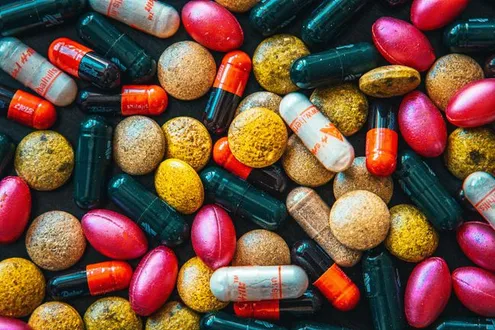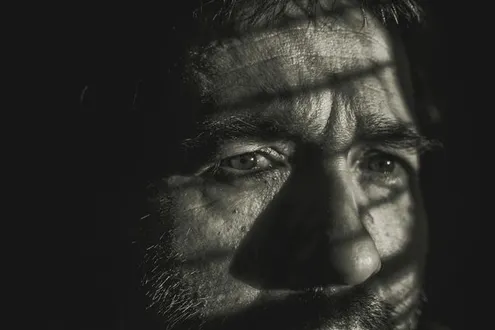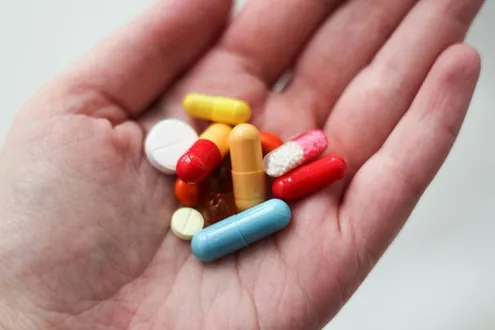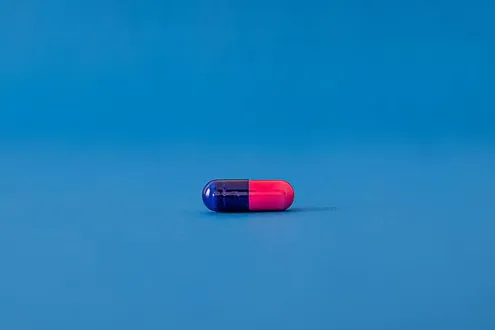Crack cocaine is derived from the same source as cocaine – the leaves of the coca plant – but takes a different form; rather than powder, it consists of white or off-white ‘rocks’. It is produced by mixing cocaine with water and bicarbonate of soda and then heating the mixture.
Crack is consumed by smoking, usually through a pipe. It first began to emerge in the 1980s and got its name from the crackling noise it makes when smoked, although there are a number of other street names for the substance. Like cocaine, crack is classified as a Class A controlled substance in the UK. However, there are key differences between the two. Crack is a highly potent drug and is distinguished by the instant and intense ‘high’ that it induces in those who take it, much faster than is induced by cocaine.
In England, the amount of crack users has increased 10 percent between 2010 and 2015, reaching 182,828 individuals, with the UK ranking in the top three countries for largest cocaine usage at 2.67%. Overcoming crack cocaine addiction can be challenging but there are a variety of treatment options available.
If you are concerned about a loved one reach out to one of our Treatment Advisors for a free assessment.

Consumption of crack can easily lead to addiction. This is largely due to two key factors: the intensity of the ‘high’ experienced and the fact that it is relatively short-lived, lasting around five to 15 minutes. This can lead to the user’s mood ‘crashing’ once the high is over.
This change in mood combined with the significant cravings commonly experienced after consumption (even among first-time users) means that users will often feel compelled to consume more of the drug shortly afterwards. As a result of this intense cycle, users can end up spending very large amounts of money in a short time.
There has been considerable discussion of crack’s addictive elements, and it has often been described as being ‘instantly addictive’. While research has shown that this is not the case, the euphoria it induces in users can certainly be hard to resist.
As with many other addictions, it may not be easy to identify that a loved one is suffering from crack addiction, as they may go to great lengths to hide their dependency due to shame and stigma. There is a common perception of crack as being associated with those in lower socioeconomic brackets, and this may further compound feelings of shame.
However, there are certain signs which may indicate that an addiction to crack cocaine has developed. These may be identified by the user’s family and friends, or indeed you may recognise these in yourself. They also may range from physical symptoms such as a persistent cough or shortness of breath to increased heart rate, dilated pupils and weight loss. To emotional and psychological symptoms such as paranoia, agitation and mood swings.
There is a difference between abusing of crack and developing an addiction to it. Not all users of the drug will become addicted; however, abuse may well turn out to be the first step along the way to developing a dependency, which then leads to addiction. The potent nature of crack means that it is more unusual for it to be used in a recreational manner than powder cocaine may be.
Crack abuse refers to the use of the drug in a way that negatively impacts your wellbeing and health. Crack addiction refers to a state where the individual finds that they are unable to stop engaging in this behaviour, and they continue with it despite the negative impacts it is having on their life.
Unlike certain other drugs such as heroin, crack does not usually bring about a physical dependency; however, it often induces a strong psychological dependency, as the user becomes increasingly desperate to achieve the high that they’ve already experienced.









